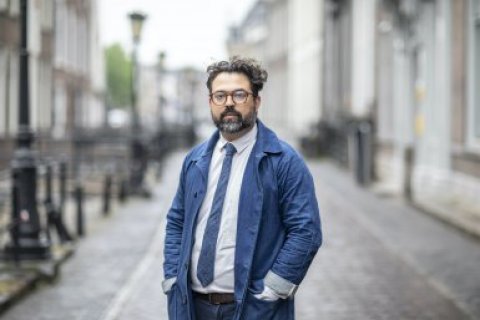Iranians refuse to participate in ‘political theatre’ of upcoming elections

The Islamic Republic of Iran has never organised a free and fair elections since its establishment in 1979. This is stated by Dr Ammar Maleki of the Tilburg University and Assistant Professor of religious studies Pooyan Tamimi Arab in The Conversation. They note that elections in the normal sense of the word are impossible, causing many Iranians to refuse to participate in the upcoming elections.

Lowest turnout ever
Current president Hassan Rouhani is standing down after serving two terms and presidential elections are taking place on 18 June. The research institute of Maleki and Tamimi Arab, the Group for Analyzing and Measuring Attitudes in Iran (GAMAAN), conducted an online survey between 27 May and 3 June of this year on the upcoming vote. The results show that the Islamic Republic is facing its lowest turnout ever, with only 25% of respondents saying they would vote.
Boycott
What can explain a turnout drop from over 70% in 2017 to an expectation of less than 30% today? “The vast majority of our respondents, 71%, said the main reason they were abstaining was because of ‘the unfree and ineffective nature of elections in the Islamic Republic’,” Maleki and Tamimi Arab explain. According to them, the latest results of their survey show that the majority’s desire to get rid of the theocratic system hasn’t changed. Like other authoritarian regimes, the Islamic Republic needs a high enough turnout to sell an image of a legitimate government abroad. “By boycotting what are nothing but staged elections, ordinary Iranians are refusing to participate in this political theatre. It’s time the international community recognised their will to effect a real change in Iran.”
More information
You can listen to Maleki and Tamimi Arab discuss their research on The Conversation Weekly podcast.

